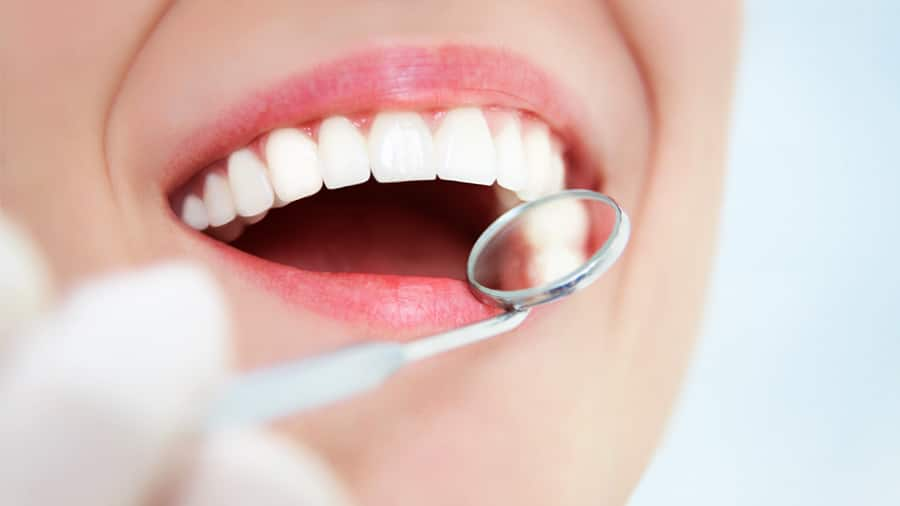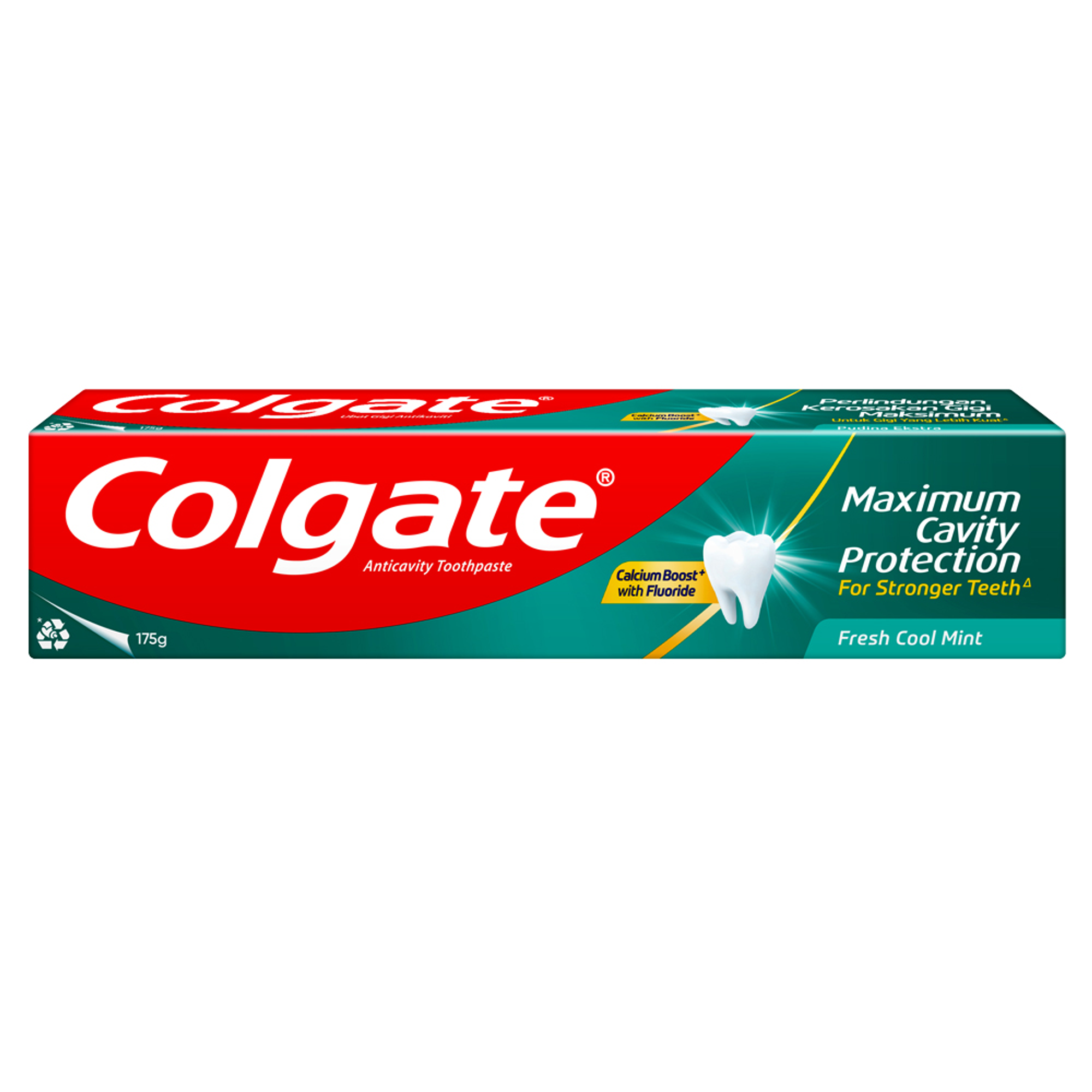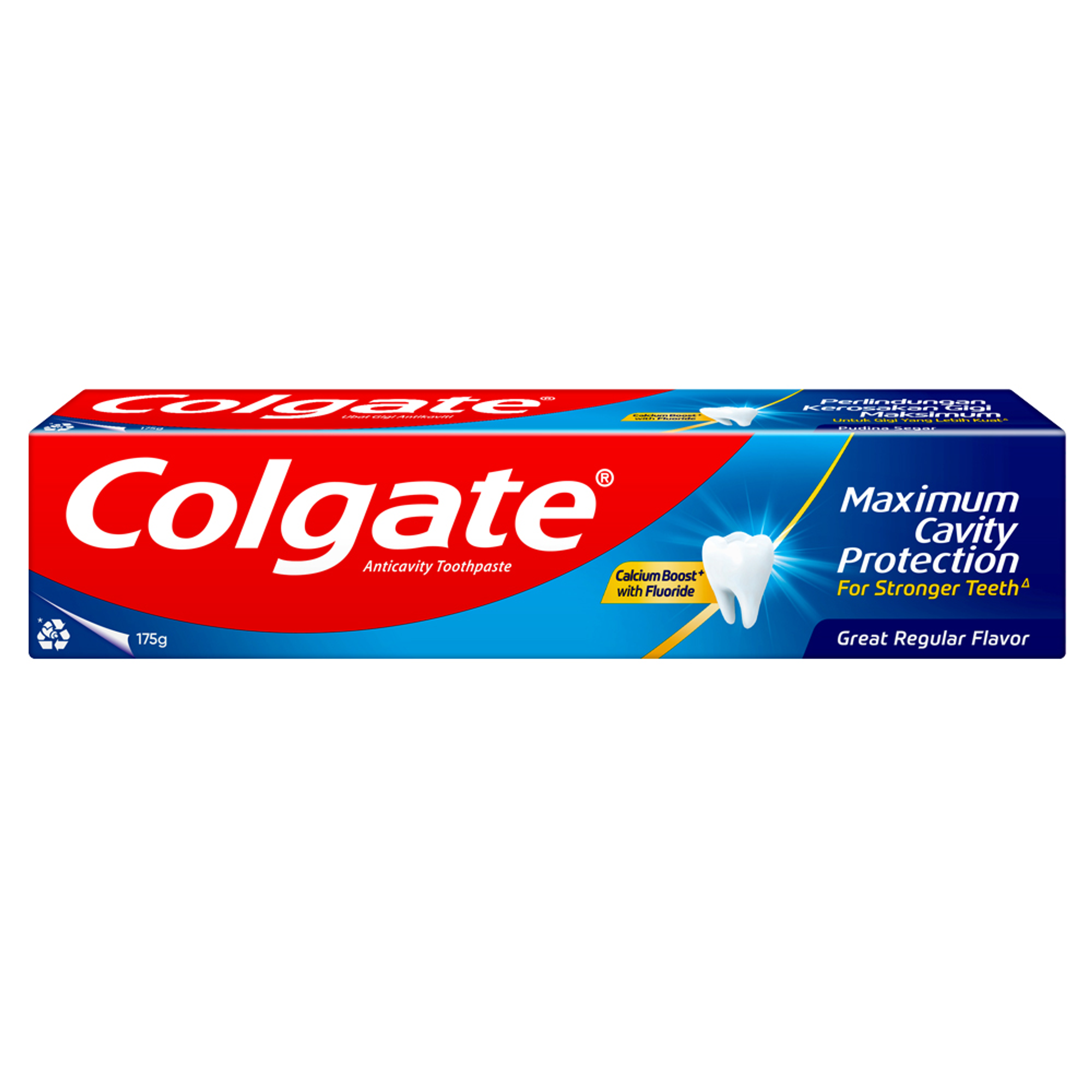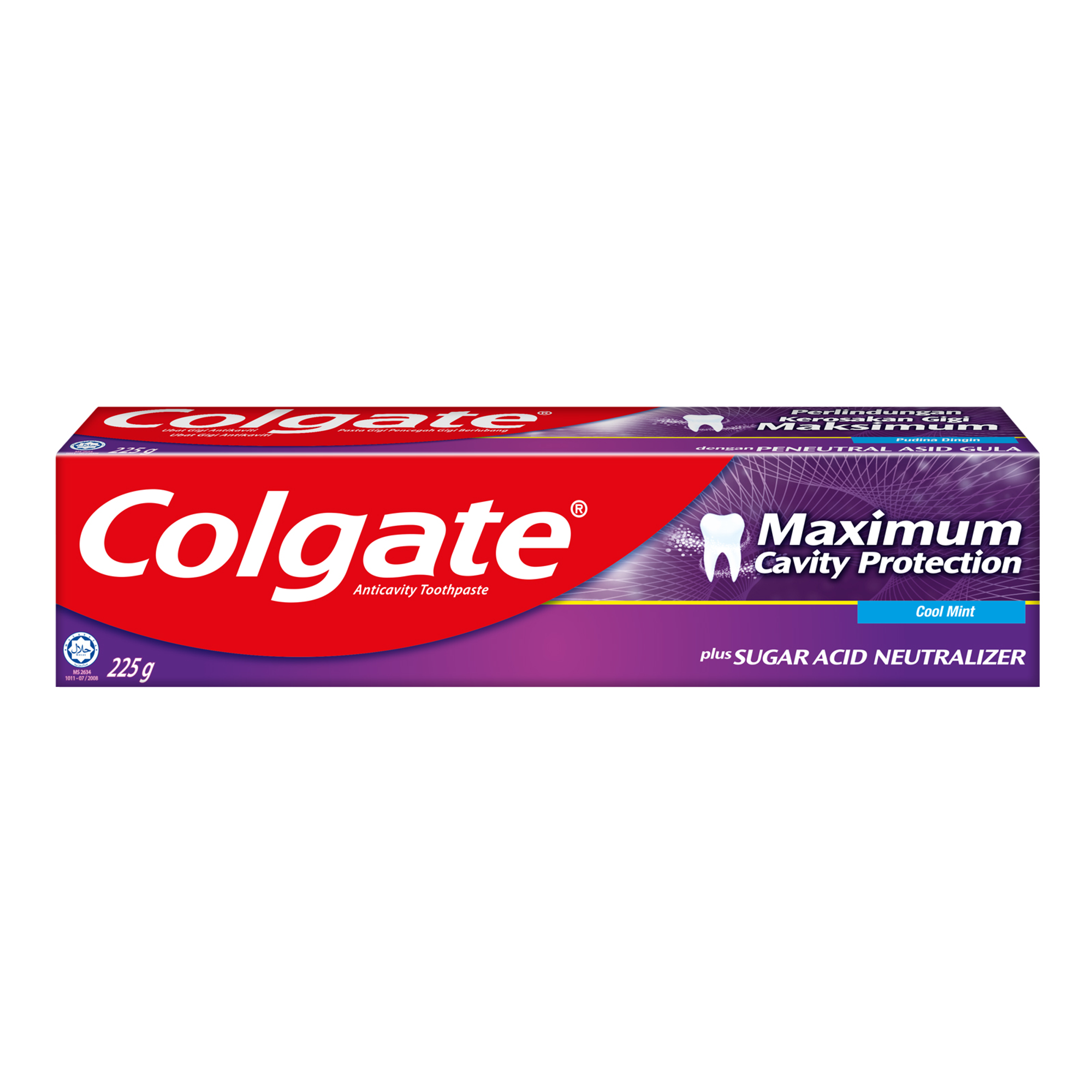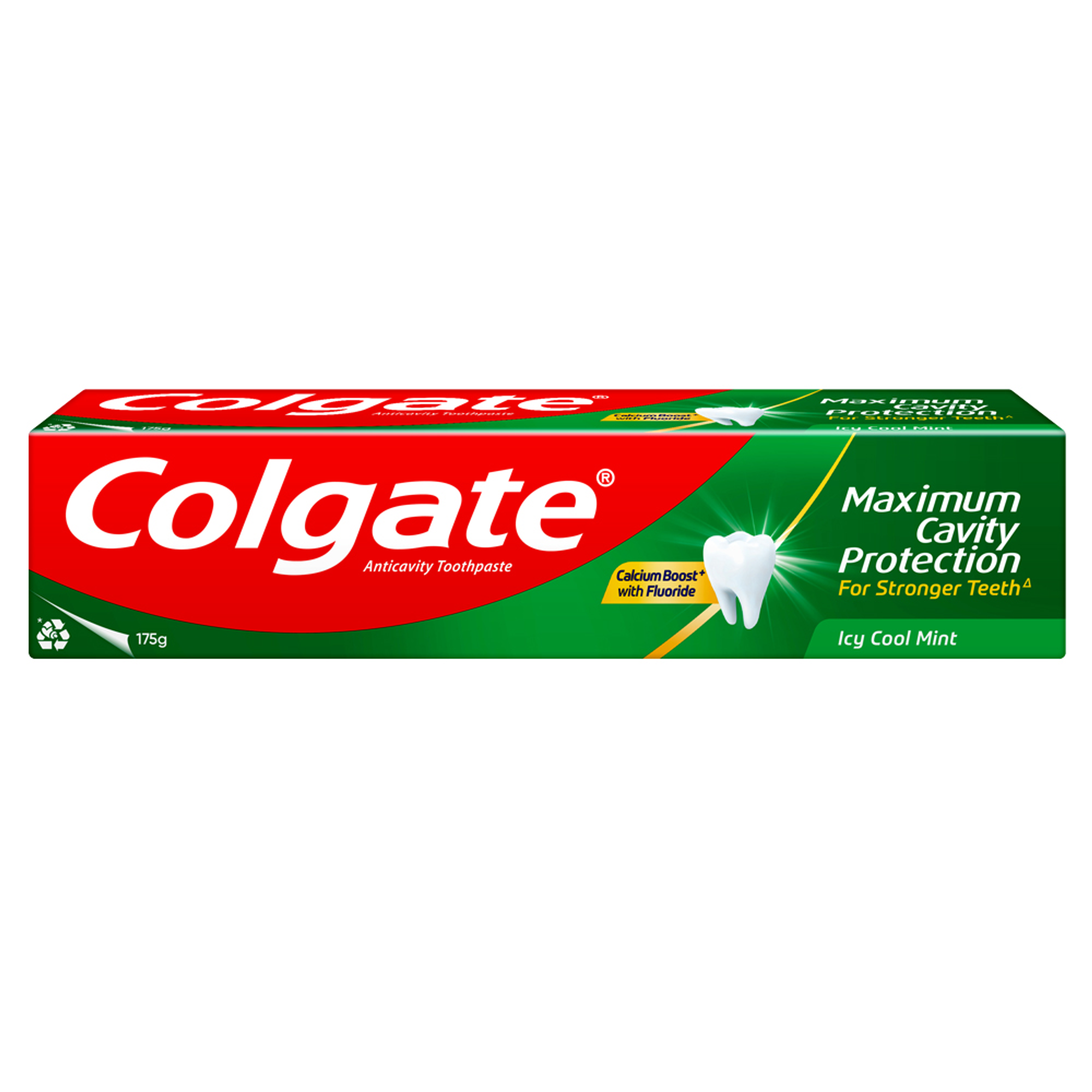- Oral Health and Dental Care | Colgate®
- Oral Health
- What Causes Cavities: Formation and Prevention


Many people wonder what causes cavities; they want to know how to avoid this common problem that leads to discomfort, pain and tooth loss. Cavities result from tooth decay, a process involving multiple stages. According to the Mayo Clinic , it begins when bacteria inflicts damage on the hard surface of the teeth, and the destruction will spread into the deeper layers if left unchecked. If you are cavity-prone, take heart because the issue is largely preventable. Regular care of your teeth and a healthy diet can be enormously helpful in warding off this decay of your pearly whites.
Stages of Cavity Formation
The first phase of dental decay involves plaque formation. Some strains of naturally occurring bacteria in your mouth thrive when you consume foods and drinks that contain sugar. When sugars aren't cleaned off your teeth, bacteria feeds on them and produces acids. The acids then combine with bacteria, food particles and saliva to form plaque, a sticky film that covers the teeth.
Once plaque forms, the acids wear away the enamel, which is the tooth's hard outer surface. These tiny openings in the enamel represent the first stage of cavities. After this happens, the acid and bacteria attack the next layer of the tooth, a softer substance called dentin.
Bacteria and plaque continue their destructive march through the tooth until the inner tooth material, or pulp, is affected. At this advanced stage, the pulp becomes irritated, and the bone that supports the tooth may be involved as well. When the decay reaches this point, you will experience sensitivity, toothache and pain upon biting. If the bacterial invasion causes your body to send out white blood cells to fight it, the result may be a tooth abscess and a root canal may be necessary.
Cavity Prevention Methods
As they say, an ounce of prevention is worth a pound of cure. Being diligent and consistent in oral care can go a long way toward helping you avoid cavities. This includes brushing at least twice a day and flossing at least once a day. Use a soft-bristle toothbrush designed for deep cleaning. If you can't brush after a meal, rinse your mouth thoroughly with water.
Aside from oral care, several dietary practices can guard against cavities. Eating tooth-healthy foods such as fresh fruits, vegetables, cheese and other dairy products, will help. Don't drink sweetened beverages because the sugar they contain will fuel the cavity-forming process. Avoid frequent snacking and drinks other than water throughout the day to prevent putting your teeth under even more assault from the acids created by the bacteria in your mouth.
When to See a Dentist
Since no symptoms are associated with the early stages of cavity formation, you should see a dentist once or twice a year for a cleaning and examination. It is important to find trouble spots and stop them in their tracks before they develop into a major problem. Also, if you are experiencing tooth pain or sensitivity, make a dental appointment as soon as possible.
Remember that what causes cavities more than anything else is a lack of oral care, and eating unhealthy foods can contribute greatly to the issue as well. While tooth decay can have very serious consequences, practicing these preventive measures can reduce the risk of it happening. In the event you need special treatment for cavity prevention, your dentist can advise you on what to do to maintain the health of your teeth.
Related Products

Helping dental professionals
More professionals across the world trust Colgate. Find resources, products, and information to give your patients a healthier future






